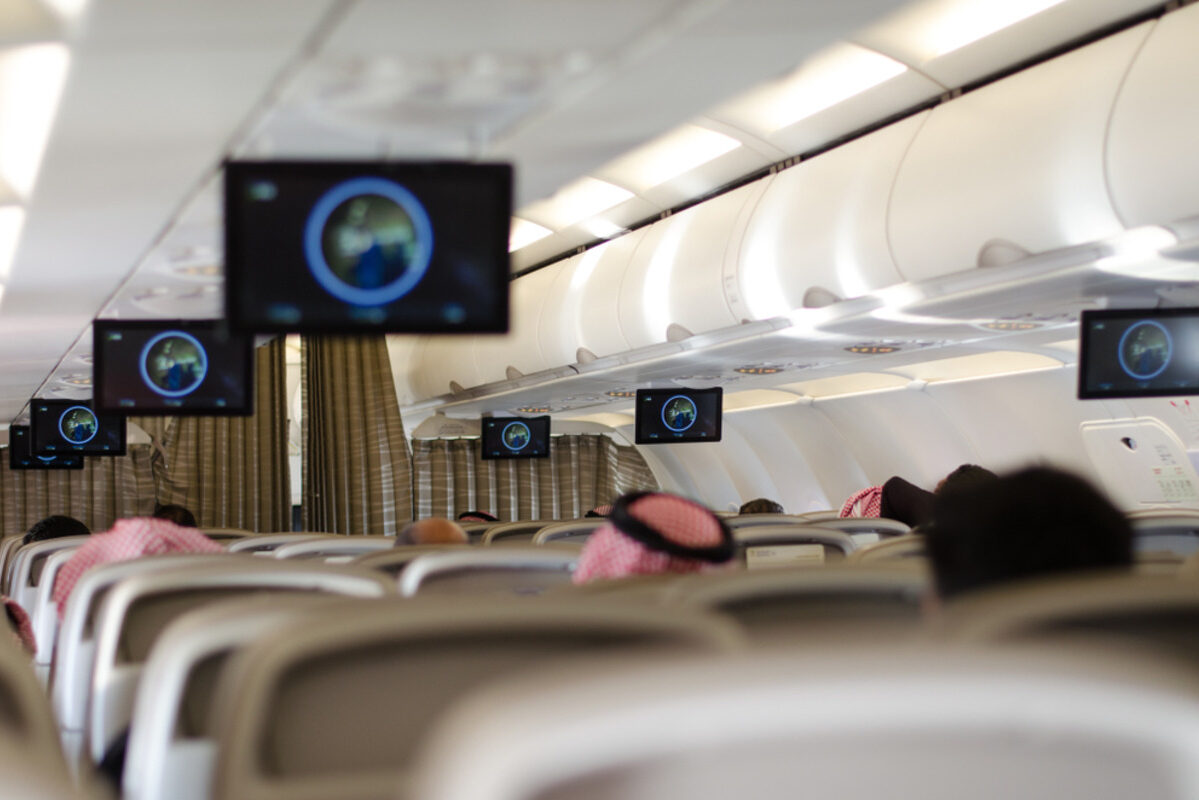The International Air Transport Association (IATA) concluded its three-day Annual General Meeting in Istanbul, Türkiye, delivering positive news for Middle Eastern airlines in terms of growth and recovery to pre-COVID-19 passenger levels.
IATA predicts that GCC carriers will lead the surge in passenger numbers, expected to double in the region to 550 million by 2040.
Read more: Sustainability in travel: Key focus at Arabian Travel Market 2023
While some Middle Eastern airlines are increasingly turning to sustainable aviation fuel (SAF), such as Qatar Airways’ recent deal with Shell for 3,000 tons of fuel, the industry still lacks sufficient supply of it, according to Kamil Al-Awadhi, IATA’s Regional Vice President for Africa and the Middle East.
During the meeting hosted by Pegasus Airlines, there was no shortage of significant developments, as Emirates’ CEO Tim Clark revealed to reporters that the UAE carrier may place additional orders for Airbus A350, Boeing 777X, or 787 aircraft. Although he did not disclose specific order details, Clark stated that Emirates was exploring options to acquire new planes.
In a separate announcement, Riyadh Air, Saudi Arabia’s new airline, disclosed that it is currently engaged in negotiations with Airbus and Boeing for a three-stage fleet acquisition plan involving the purchase of a substantial number of narrowbodies.
The meeting also saw positive forecasts for the global aviation industry, with IATA predicting that airline profits will reach $9.8 billion in 2023, more than double the December 2020 forecast of $4.7 billion, due to pent-up demand for air travel following the pandemic.
Moreover, Al-Awadhi announced that Middle Eastern carriers are on track for a full recovery, expected to bounce back from pre-pandemic 2019 levels by 2024. Revenue passenger kilometers (RPK) for Middle Eastern carriers are currently at 88% of 2019 figures, indicating strong progress in the region’s airlines.
For more on travel news, click here.








